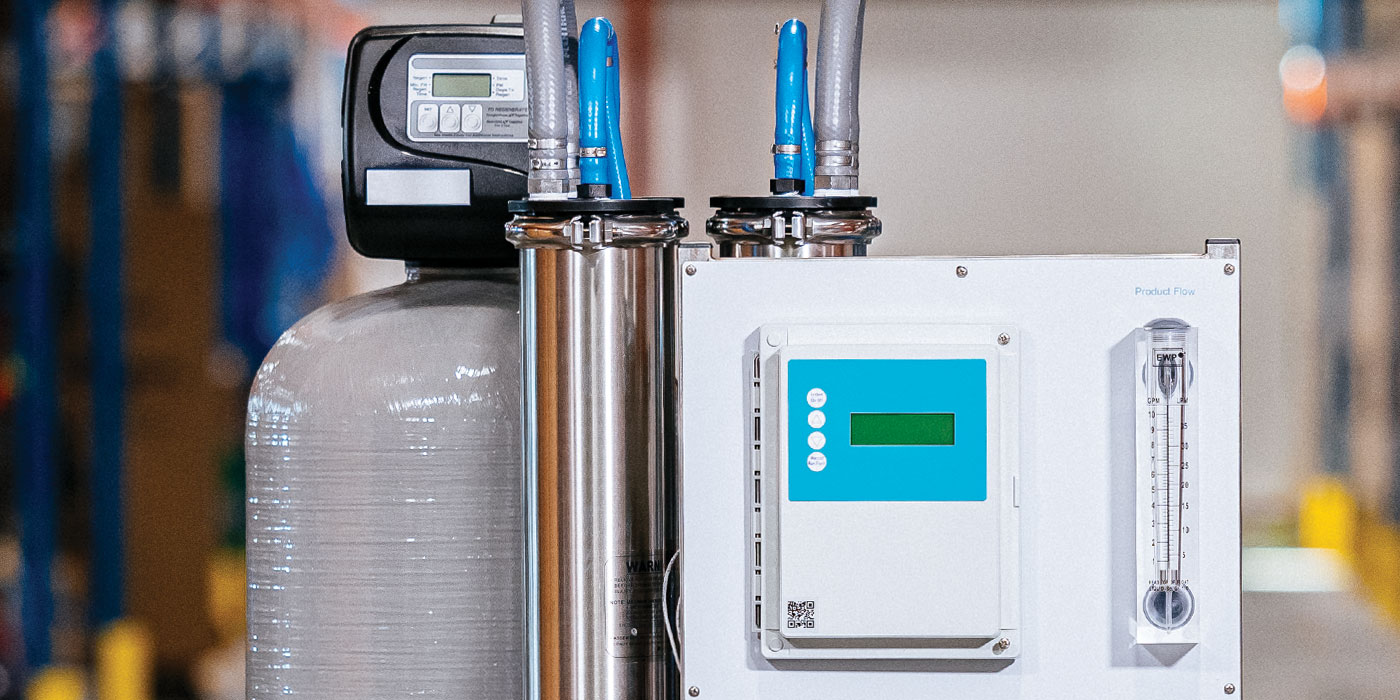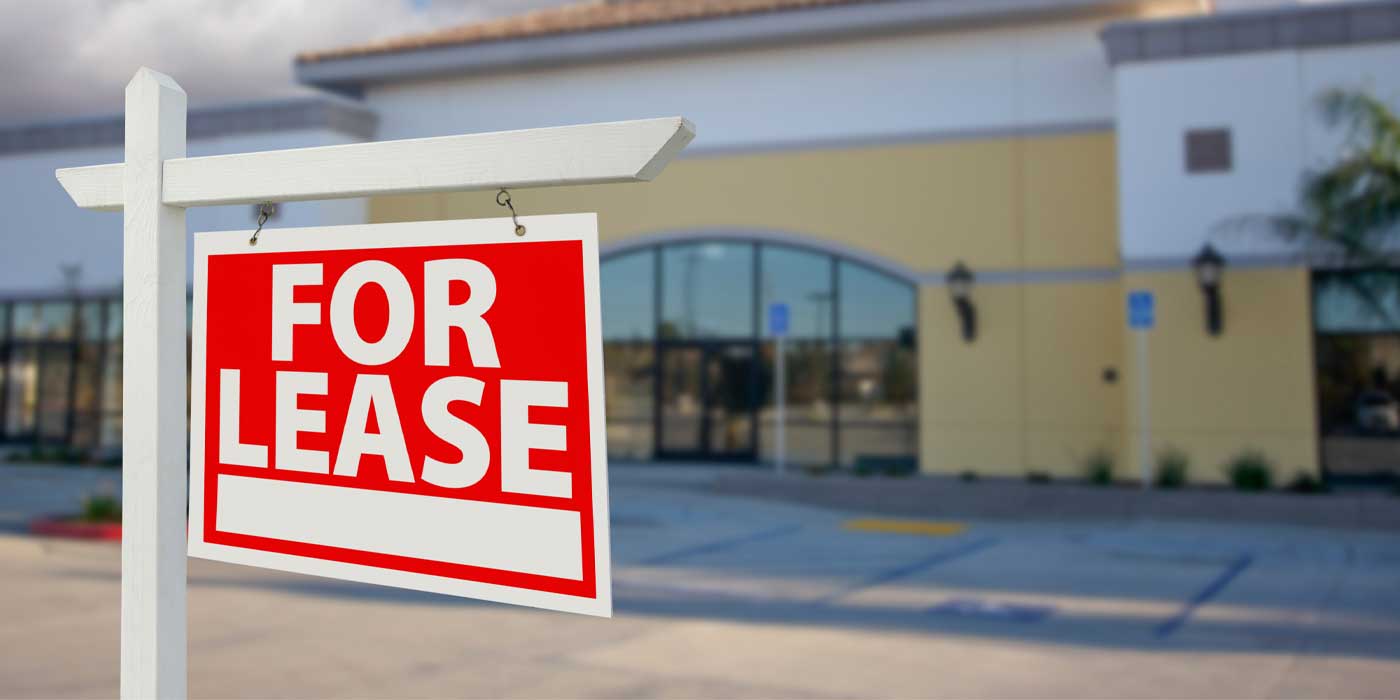It is no secret that many carwash owners dream from time to time about when they will eventually cash in some chips and move on to the next stage of their lives. This often leads to other thought-provoking introspections, such as:
- Will I have enough money to retire?
- Who are the potential buyers?
- How will the process work?
- What will happen to my employees afterwards?
Or, as is asked much more frequently these days, “Should I consider staying involved in the business after the sale and help take it to the next level?”
Unless you have been cleaning out your reclaim tanks for the last five years straight, you have undoubtedly caught wind of the plethora of wash acquisitions by the big players on the block like Mister, Zips and ICWG (now Driven Brands). These three chains have cumulatively gobbled up the lion’s share of private equity investments in the U.S. carwash market with an estimated 75% of total acquisitions, and they now hold over 750 locations combined.1
And, you have also probably heard about the juicy multiples on EBITDA that many owners have received.
While the big three have generated the most attention, many operators may not know about other smaller funds that have also put the carwash market on their radar screens and are actively making similar investments. In an effort to learn more, we recently invited leaders from several private equity platforms to share some of their insights about the alternative investment landscape in the U.S. carwash market during the COVID-19 era and as we emerge from it.
Market reactions to COVID
Not surprisingly, private equity managers still see carwashing as a prime destination for capital, despite all of the challenges associated with the realities of COVID-19 and the economy. After the initial freight train of COVID lockdowns rattled the country, most operators were able to prove to local and state authorities that carwashes were essential businesses.
The vast majority of washes report that the industry has held its own and actually grown versus most other consumer retail concepts. Private equity investors have had their perceptions of the carwash business model validated and their forecasts supported.
Mark Curtis, president of Splash Car Wash, with 26 locations primarily in the Northeast, confirms this and says, “Most washes around the country stayed open during COVID, so not only was carwashing COVID-proof, it was Amazon-proof as well. Carwashes enjoy two great protections against outside influences that have daunted other retail businesses. These are some of the reasons why the carwash market continues to be a darling of private equity.”
Some operators looking ahead feel even more optimistic.
“We feel very good about the carwash business overall as we come out of COVID, especially moving into the new calendar year,” explains Andy Bethencourt, a director at MKH Partners, whose brand, Clean Streak, operates 17 washes and is quickly growing through acquisitions and new developments. MKH Partners is not alone, as many other funds confirm similar sentiments and see carwashing as a solid bet for future fund investments.
Chris Andersen, chief development officer at GO Car Wash, which operates 32 locations in Texas, Missouri and Nevada, agrees. “People buy a carwash for two reasons. One is based on pure emotion, and the other is very rational. Having a clean, dry, shiny car makes car owners feel good about themselves. It’s been a very difficult time in the U.S. this past year. Right now, people are looking for excuses to feel good, and they will continue to buy carwashes,” he notes.
“Going through COVID has proven that the industry is more resilient rather than less,” comments Henry Shine, chief development officer at WhiteWater Express Car Wash, which operates 22 locations in Texas and Oklahoma. “Certainly, we all had challenges in March and April, but most of us actually became stronger and grew revenue through that time period. What it has done has shown us that America is actually moving towards a more car-centric consumer. Carwashing is an easy, automotive maintenance item that people enjoy doing a couple of times per month. The fact that washes can offer a truly touchless product via [advanced] technology further bolsters the industry.”
Alex Coello, who leads the carwash platform for Henley Investments and owns 12 washes in the Northeast and North Carolina under various brands, elaborates. “We still see carwashing as a high-margin, sustainable business that generates strong risk-adjusted returns. We believe consumers still crave that feeling that only a fresh, clean car can provide, especially during the uncertainty that COVID has perpetuated on the country.”
Why now?
In addition to being a high-margin business, the most important reason for such interest in carwashing from private equity is the high level of fragmentation in the industry. Private equity firms love industries that need rolling up. Currently, the vast majority of carwash locations in the U.S. are owned and operated by small and medium-sized, independent carwash companies.
According to industry research, 100 of the largest conveyor carwash companies represent only 13% of total conveyor carwash locations — and the largest single operator represents less than 2% of all locations.2
With such high levels of one- and two-store operators, more consolidation is a certainty. Investors also appreciate that carwashing is a repetitive, largely automated and scalable business with no receivables and no need for a great deal of inventory.
To top off the sweet investment sundae with a delicious cherry, the advent of the express tunnel format has garnered great appeal from investors, primarily because of reduced labor costs and headaches. If this weren’t enough, the steadiness of recurring monthly income from subscription-based services has kept existing investors bullish and made the industry even more enticing to newbies on the sidelines who are champing at the bit to jump into the market.
Curtis reports, “Washes with subscription programs have fared better overall during the pandemic. Membership programs, combined with environmental awareness, have brought a lot of driveway washers into professional carwashes. The monthly plans have made keeping a clean car an affordable necessity rather than a luxury.”
Previous International Carwash Association (ICA) statistics showed that roughly 55% of all car owners washed often or entirely in their driveways; now that number has dwindled to somewhere around 20%.2
“Membership has been a key trend that has driven loyalty and has ultimately pulled more and more people out of the driveway,” says Andersen.
For some funds, including Henley, the real estate play is also an attractive part of the equation. Coello agrees, adding, “In addition to being internet-resistant, investors appreciate that often the real estate component of the transaction adds increased stability; however, few understand the operational expertise required to maximize performance.”
So, is now a good time to sell?
Investment experts agree that industry fragmentation — one of the factors that attracted them to the sector in the first place — is gradually disappearing. Once more consolidation has occurred in the market, higher multiples will be a thing of the past, primarily because it will be impossible to justify the basis of the purchase price with no upside room for expansion in a market. Right now, funds bake potential growth into the price, which blends down the basis. Without that, it will be harder to justify the rich premiums on purchases we are presently enjoying.
Plus, many larger operators see greenfield development as a more cost-efficient method of expanding in a market. Consequently, sellers who decide to hold out and sell at a later date may not be able to achieve the same rich multiples being paid today.
In the words of one investment manager, “Although it’s a sellers’ market now, it will not last forever. At some point, the industry will be largely consolidated. Then, money will seek the next industry where there are opportunities to consolidate. Money always goes where there is opportunity.”
Another reason, according to Andersen, is that “the competition from larger players is raising the bar. Well-funded companies are coming into the market with best-in-class systems and processes. The new level of competition is making it difficult for smaller carwash operators to compete. Smaller operators are faced with the dilemma of whether to invest more money in their carwash or bring in a strategic partner in order to stay abreast of competition.”
Investors and operators also worry about the phenomenon of irrational competition in many markets, with too many competitors overbuilding near each other and its impact on margins. This is becoming more of a concern nationwide as the industry grows and has the potential to diminish future enthusiasm.
Regardless, many sellers and buyers believe the current window for acquisitions may never be better because of key economic factors, such as cheap gas prices, very low interest rates combined with favorable capital gains, 1031 exchange allowances and carried interest tax provisions. The future is always an uncertain place, but one thing seems to be a solid bet, and that is that taxes will be going up in the coming years.
What should sellers expect?
Owners contemplating a sale need to do some real soul-searching to determine their goals in advance. As a seller, you absolutely need to prioritize your post-sale goals and expectations before moving forward. Among other things, it will help you choose the right universe of buyers that will be the best fit for your operation. You need to feel very comfortable that your goals align with theirs from the start. Going through the initial financial and operational scrutiny associated with the courting process can be extremely time consuming and stressful.
Bethencourt’s advice is to “be selective and interview investors … try to find investors who demonstrate knowledge about the industry, so you don’t waste your time and have more certainty of closure. If you are talking to the right group, the process will move smoothly, and you will get the right valuation for your washes.”
Keep in mind that price is not everything. Valuations are fairly transparent and consistent across the board these days. There are many more variables associated with any transaction, such as how the corporate cultures will mesh with your existing employees, how your employees will be treated after the sale, non-compete agreements, reps and warranties, potential roll-over equity investments, partnership development deals, etc. All can be big difference makers above and beyond price.
When considering a sale, it would be wise to make sure your bookkeeping and financial statements (with corresponding POS reports) are up to speed. Without good accounting, you will not present an accurate picture of your business and be able to identify items on your profit and loss statements that could increase your all-important EBITDA.
Another crucial part of the sales process for most sellers is assembling a good team. That means working with an attorney and accountant in advance that are very familiar with your business and the tax implications of a liquidity event.
Furthermore, having an experienced carwash broker in your corner will increase the likelihood of closing and can help eliminate glitches throughout the process. Brokers work with private equity groups on a regular basis, so they understand their culture and know the specific data they require. Subsequently, they bring advice to the table that will direct you to the group that will be best suited to your goals and objectives. Preparation and teamwork with these professionals always pays dividends in the end.
Needless to say, most carwash owners care deeply about their people and the teams they have worked so hard to create. When the time comes, look for buyers who understand what it took to get to where you are today and who will share the same compassion and culture.
Tim Barrett, managing director at Clear Sky Capital, which operates 36 locations in the Southwest, Nevada and California, mostly under the Raceway brand, points out, “Owners spend a lot of time growing their companies, and most really care about their employees and the teams they have built over the years. They obviously want to maximize the value of their companies when they sell, but they also need to think about what their employees’ futures look like. What kind of culture are they being annexed into through this acquisition by no choice of their own and typically no benefit to them? Owners should strive to assure their employees they have more career opportunities with a growing company that’s larger, has more resources and will create a culture that allows them to further develop their skill sets.”
Owners are often not aware of the many different types of deals that are being structured these days. If an owner doesn’t want to ride off into the sunset or go lay on a beach in St. Maarten, he or she can stay involved in the business through a variety of partnership agreements. Buyers are often quite happy to keep the seller involved to help manage or grow the business through development deals for new sites or acquisitions. Some require the seller to roll over equity, but others do not.
Tom Connolly, co-founder of Red Dog Equity, which has invested in over 50 washes primarily in the Southeast but also in the Midwest and now Utah, seeks operators who align with Red Dog culturally. Connolly says, “The Red Dog thesis is to find entrepreneurs with great leadership qualities, then provide them with additional resources and technology that will allow them to create the company they have always envisioned.”
Unlike some consolidators, Red Dog wants the existing owner to stay on board and have skin in the game. “At Red Dog, we bet on people. Our goal is to enhance what works by investing in the people and the business. We want to be known as the buyer where owners and employees are excited about the acquisition and not shaking in their boots.”
Despite a common perception many carwash owners may have about private equity funds as essentially being cold-hearted, corporate raiders with only dollar signs in their eyes, most are not. While making money on their investments is certainly paramount, the reputable and successful private equity firms understand and appreciate the years — often decades — of blood, sweat and tears that have gone into creating the value associated with your business.
The last thing money managers want to do is kill the geese laying golden eggs every day. A common refrain that Steve Stephenson from GO Car Wash hears is that, “Many owners will live in the community long after they sell. They’ve built good reputations in their business communities, and they want to make sure the transition does not impact the quality of service.”
Regardless, even very well-run businesses can improve in some areas or need additional capital for expansion. Many private equity firms, under the banner of their chosen brand platform, can layer on numerous cost-effective synergies, such as improvements with menu architecture, brand development, digital presence, chemical savings, maintenance, management/operational efficiencies, combined HR and accounting, etc. Their goal is to take your operation to the next level and increase the bottom line along the way.
In conclusion, the carwash industry continues to be a stable rock star and performs well, especially vis-à-vis other consumer retail segments. More and more investors are discovering what owners have known all along: It’s always a great time to be involved in the carwash business.
Sean Griffin is a carwash owner/operator in Charleston, South Carolina. He has been in the industry since 2004 and is also an agent for CarWashKing.com, the largest carwash broker in the U.S. and licensed in over 30 states.
Sources:














